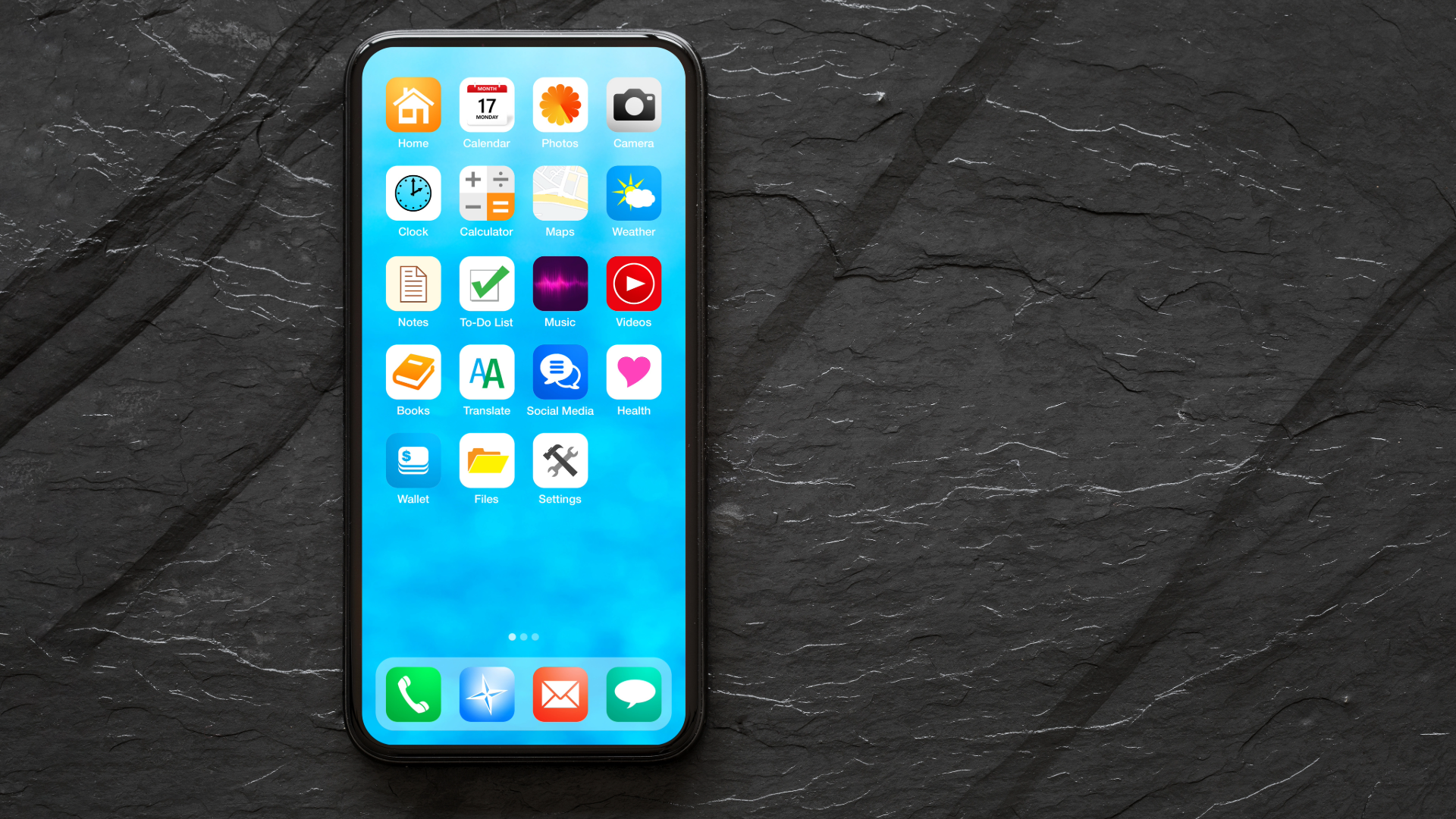Surety Bonds
Types of surety bonds and why they are important

Surety bonds play an essential role in various industries, acting as a form of financial assurance that certain obligations will be met. These bonds are vital for building trust and ensuring compliance with laws and contractual agreements. In this blog, we'll explore what surety bonds are, how they work, and the various purposes they serve across different sectors.
What is a Surety Bond?
A surety bond is a three-party agreement that provides a financial guarantee that a certain task or obligation will be fulfilled. The three parties involved in a surety bond are:
1. Principal: The individual or business that needs the bond. They are the party that will perform the contractual obligation or task.
2. Obligee: The party requiring the bond. This is often a government agency, project owner, or other entity that needs assurance that the principal will fulfill their obligations.
3. Surety: The insurance company or surety company that issues the bond. The surety guarantees the obligee that the principal will perform their obligations. If the principal fails, the surety is responsible for compensating the obligee or ensuring the completion of the obligation.
How Surety Bonds Work
When a principal obtains a surety bond, they are essentially purchasing a guarantee from the surety. The principal pays a premium to the surety company, similar to an insurance premium. If the principal fails to meet their obligations, the obligee can file a claim against the bond. The surety investigates the claim, and if it's valid, compensates the obligee up to the bond's value. The principal is then responsible for reimbursing the surety for any payments made.
Types of Surety Bonds and Their Uses
Surety bonds are used in various industries and for different purposes. Here are some common types of surety bonds:
1. Contract Surety Bonds
Primarily used in the construction industry, contract surety bonds ensure that contractors adhere to their contractual obligations. Key types include:
Bid Bonds: Ensure that a contractor will honor their bid and enter into a contract if selected. If the contractor fails to do so, the bond covers the cost difference to the obligee.
Performance Bonds: Guarantee that a contractor will complete the project according to the terms and specifications of the contract. If the contractor fails, the surety steps in to fulfill the obligations or compensate the project owner.
Payment Bonds: Protect subcontractors and suppliers by guaranteeing that they will be paid for their work and materials. This bond ensures the project owner doesn't face liens or payment disputes.
2. Commercial Surety Bonds
These bonds cover a wide range of non-contractual obligations and are often required by government agencies to protect public interests.
License and Permit Bonds: Required for individuals and businesses to obtain licenses or permits. They ensure compliance with regulations and protect the public from unethical business practices. Examples include contractor license bonds and auto dealer bonds.
Court Bonds: Required in legal proceedings to protect parties involved in litigation. Common types include appeal bonds, which guarantee payment of court costs and damages if an appeal is unsuccessful.
Fidelity Bonds: Protect businesses against employee theft or fraud. These bonds are not technically surety bonds but are often included in the category due to their protective nature.
3. Fidelity Bonds
Although technically a form of insurance, fidelity bonds are often discussed alongside surety bonds because they offer protection against dishonest acts by employees.
Employee Dishonesty Bonds: Protect businesses from financial loss due to theft or fraud by employees.
Business Service Bonds: Protect clients from theft or damage caused by a company’s employees. These are often used by cleaning or service businesses.
The Importance of Surety Bonds
Surety bonds are crucial for several reasons:
Building Trust: They provide assurance to obligees that principals will fulfill their obligations, fostering trust in business transactions and government contracts.
Risk Management: They protect obligees from financial loss and mitigate risks associated with non-performance or unethical behavior.
Legal Compliance: Many businesses are required by law to obtain surety bonds before operating, ensuring compliance with regulations and standards.
Conclusion
Surety bonds are a vital part of the business landscape, offering a safety net for parties involved in contracts and transactions. By understanding the different types of surety bonds and their uses, businesses and individuals can navigate their legal and contractual obligations more effectively, ensuring compliance and building trust in their professional relationships. Whether you're a contractor bidding on a construction project or a business owner applying for a license,
surety bonds play an integral role in securing your operations and protecting your interests.
Recent posts



